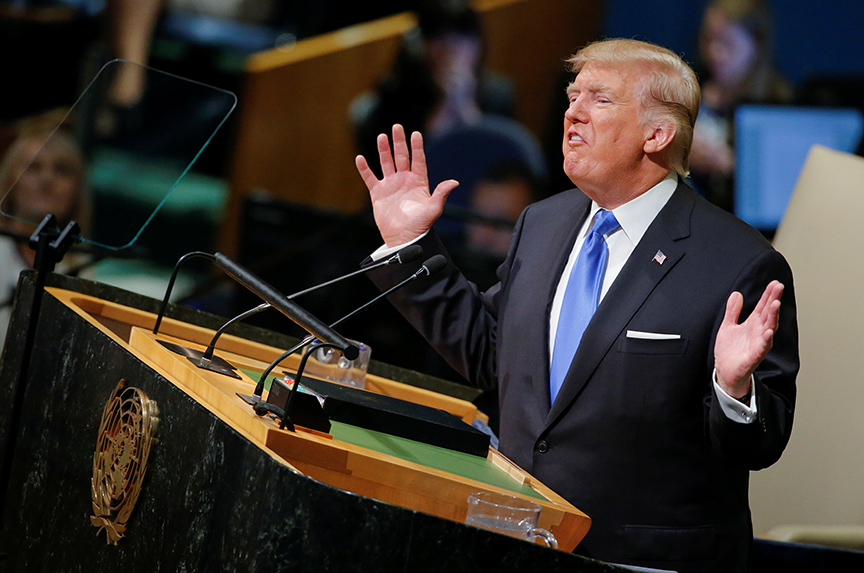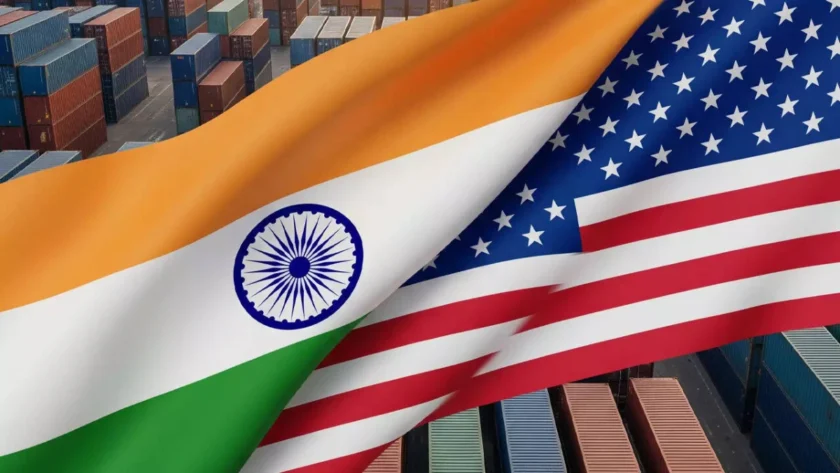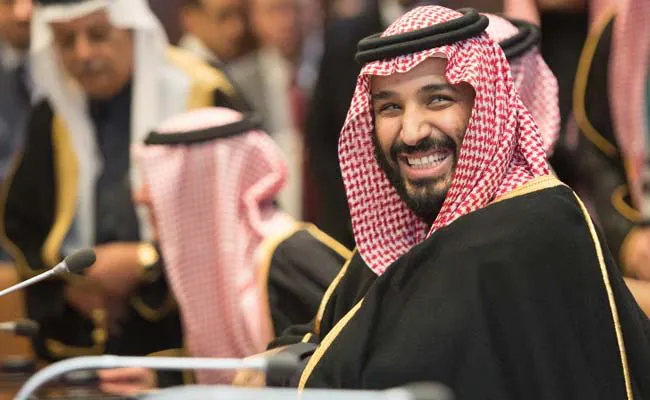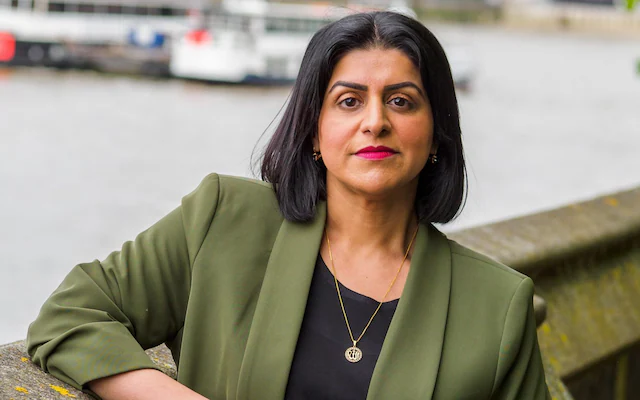New York: President Donald Trump delivered a combative address at the United Nations General Assembly in New York on Tuesday, his first appearance at the global forum since his reelection. Speaking for just under an hour, Trump positioned the United States as the indispensable power in a fractured world, while castigating multilateral institutions, rebuking U.S. allies, and rejecting global approaches to migration, climate change, and conflict resolution.
A Defiant Stage Presence
Arriving at the UN headquarters on the institution’s 80th anniversary, Trump began his remarks with a characteristic aside after his teleprompter briefly malfunctioned, joking that the operator was “in big trouble.” From there, the speech mixed scripted language with his signature freewheeling delivery, producing a blend of grievances, boasts, and warnings that drew alternating silence and scattered applause from delegates.
Migration as Existential Threat
Trump devoted large sections of his remarks to immigration, framing it as a crisis undermining Western civilization. “Your countries are being ruined,” he told European leaders, accusing the UN of “funding an assault on Western borders” through refugee aid programs. He celebrated his administration’s crackdowns—detentions, deportations, and border militarization—claiming these actions had ended what he called a “failed open-borders experiment.” He described migration routes as “loaded up with death,” insisting his policies were humanitarian because they discouraged perilous journeys.
Climate and Energy Rhetoric
Trump doubled down on his rejection of global climate policy, calling climate change “the greatest con job ever perpetrated on the world.” He mocked decades of scientific warnings as shifting narratives, from “global cooling” to “global warming” to “climate change.” In contrast, he portrayed U.S. fossil fuels as the backbone of global energy security and dismissed green energy transitions as a “scam” that would cause nations to “fail.” His words underscored the administration’s tariff regime, which he defended as a “defense mechanism” against what he called unfair trade practices, particularly targeting China.
Wars in Gaza and Ukraine
On foreign conflicts, Trump criticized what he characterized as UN inaction. He slammed recent moves by France, the United Kingdom, and others to recognize Palestinian statehood, insisting it would “reward Hamas for atrocities,” including the October 7, 2023, attack on Israel. He demanded the immediate release of Israeli hostages, drawing rare applause. Turning to Ukraine, Trump lamented that the war had dragged on for more than three years, saying Russia’s initial invasion “should have taken a matter of days.” He accused European nations of hypocrisy for buying Russian oil while pushing sanctions and vowed to press them to halt purchases.

A Litany of U.S. Achievements
Throughout his address, Trump interspersed sweeping claims about U.S. achievements. He touted what he said was $17 trillion in new investment flowing into the country, declared victory in “ending wars” across regions from Kosovo to the Caucasus, and asserted that millions of lives had been saved by his peacemaking. “Everyone says I should get the Nobel Peace Prize,” he remarked, before insisting that “the real prize” was preserving families and lives. He concluded by repeating his assertion that he had “been right about everything,” warning leaders that failure to abandon green energy and control borders would bring collapse.
The Broader Message
For the global audience, Trump’s remarks painted a picture of a United States increasingly unwilling to shoulder collective responsibilities. His harsh tone on allies, coupled with claims of unilateral peacemaking and unilateral trade protections, reinforced a transactional foreign policy doctrine. Critics warned that such rhetoric risked isolating Washington at a time when cooperation is needed to resolve conflicts in Gaza and Ukraine and to confront shared challenges like climate change and pandemics.
A Transactional Vision
Trump closed by calling on nations to defend free speech, religious liberty, and sovereignty. Yet his vision left many delegates unsettled, reflecting a deepening U.S. pivot away from multilateralism. Where the UN’s theme emphasized cooperation and peace, Trump’s message was unmistakably nationalist: a call for nations to look inward, guard their borders, and abandon what he derided as globalist illusions. For allies and adversaries alike, the speech underscored that the United States under Trump remains a power both indispensable and unpredictable—insistent on primacy, but skeptical of partnership.










